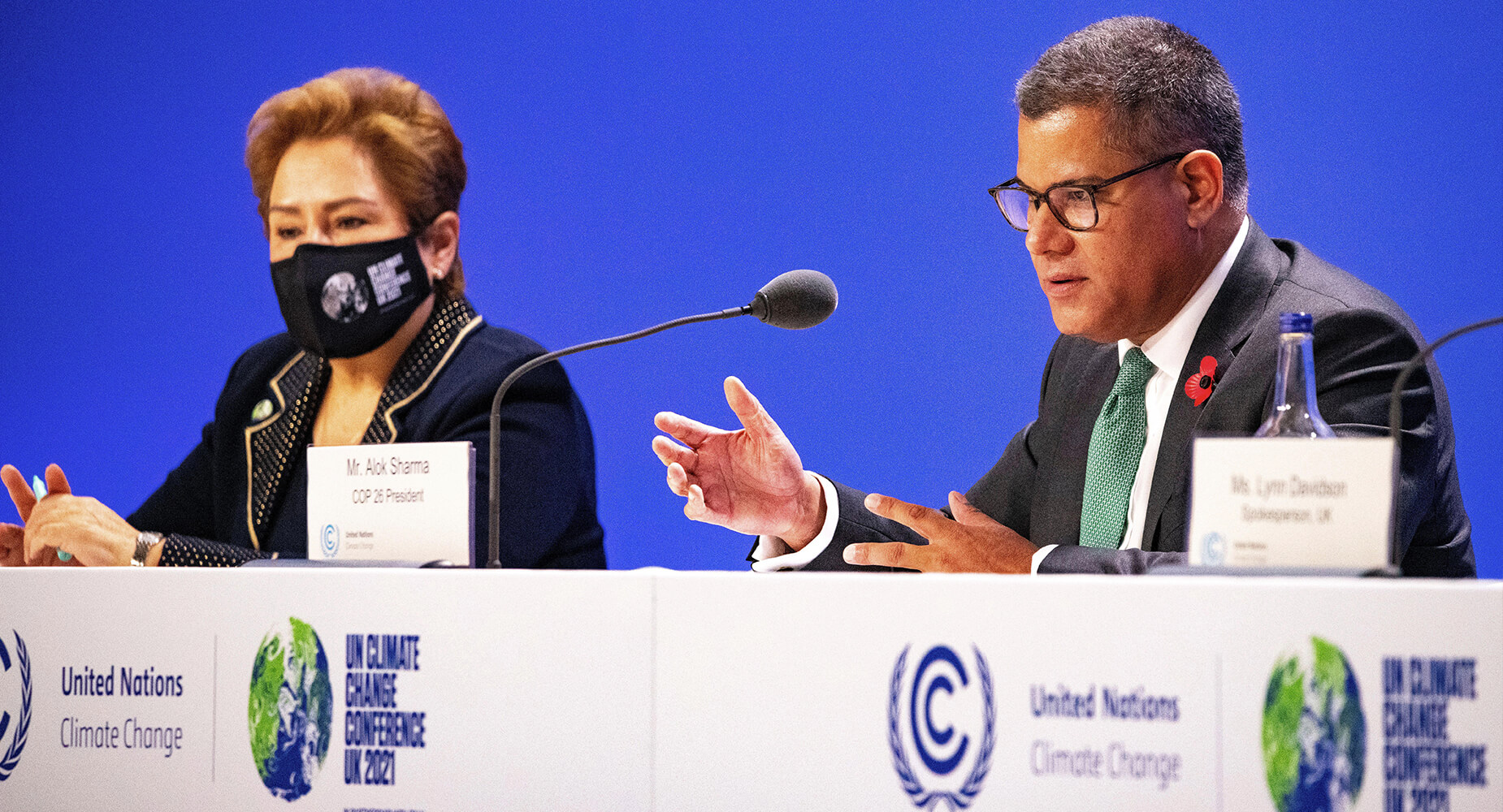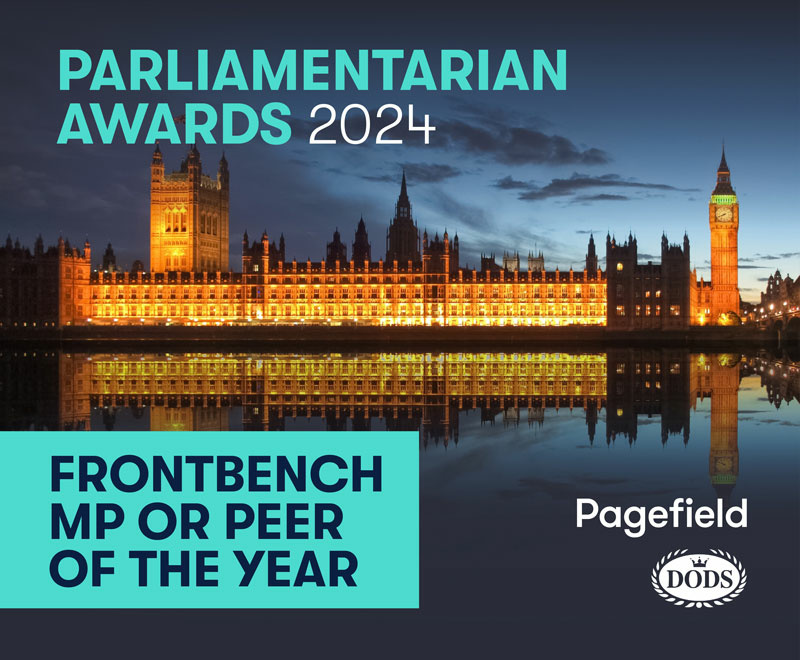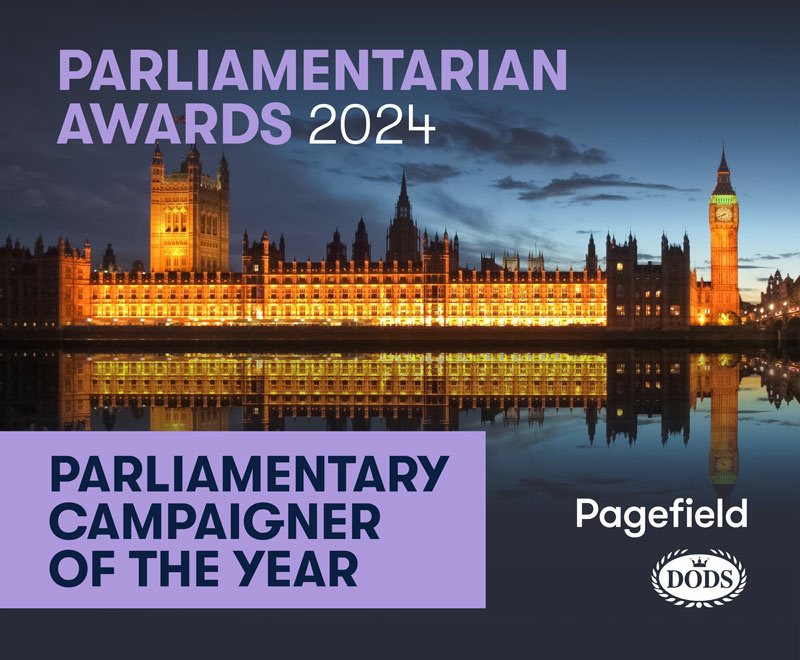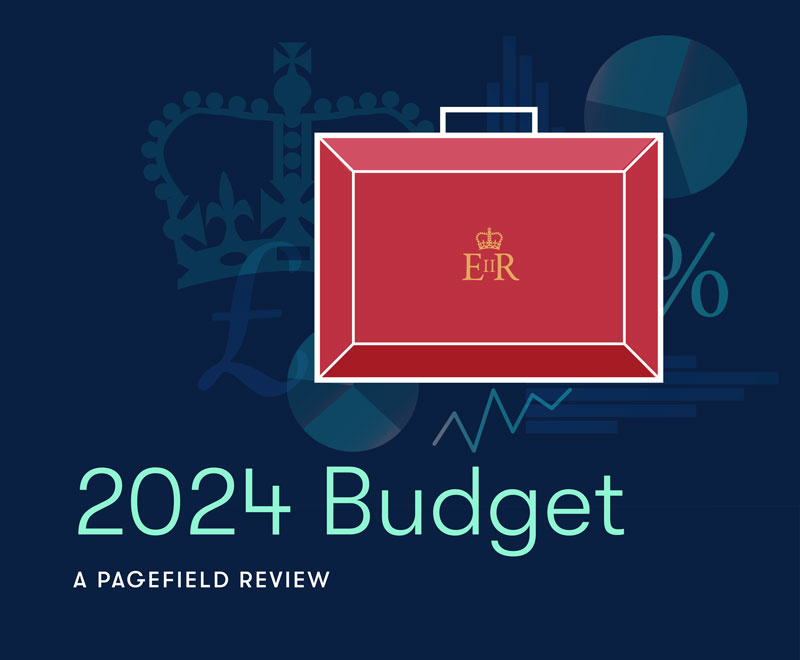After two weeks and a mountain of pledges on issues ranging from coal to climate finance, COP26 has finished – and what a bumpy ride it has been. In the end, a global deal was struck and there have been promising developments such as an unprecedented US-China agreement. But there remains a huge amount of scepticism out there and climate change experts have declared that COP has failed to ‘keep 1.5C alive’. Olivia Crawford, a Consultant in the Pagefield team, reflects on the five key takeaways for businesses.
Was it a success?
With so much pinned on COP26 delivering on the promise of Paris six years ago, success was always going to be measured on the summit’s ability to ‘keep 1.5C alive’. And a deal was struck that keeps that dream alive – in the view of the official UK COP26 website, anyway. In that sense, COP26 was a success – pulling together a global agreement on an issue as pressing as climate change is no mean feat. But as commentators have said, the dream remains on life support, and a dramatic last-minute change to wording driven through by India and China, calling for the language on coal to change from ‘phase out’ to ‘phase down’, has tainted the agreement. That much was plain to see in Alok Sharma’s emotional reaction to the change to the COP26 deal, and will leave a bitter taste.
Away from the focus on the big global agreement, Glasgow’s climate conference featured several new and positive commitments from countries around the world. For example, 20 nations have promised to end public financing for “unabated” fossil fuel projects overseas by the end of 2022 and more than 100 countries committed to cutting methane emissions by 30% by the end of the decade, as well as pledging to end and reverse deforestation by 2030. The jury is out on whether these pledges will serve to keep global warming to the UN’s target of 1.5 degrees Celsius, though. Climate Action Tracker believes “even with all new Glasgow pledges for 2030, we will emit roughly twice as much in 2030”, but the International Energy Agency has determined that if the commitments made at COP26 are kept to, we could keep temperatures to within 1.8 degrees Celsius.
Where is the detail in the pledges for businesses?
In amongst the noise of COP26, some have colloquially referred to the summit as ‘The Business COP’ – the climate conference where the critical role that businesses have to play in tackling climate change has finally been recognised. This sentiment was echoed further when Prince Charles told world leaders that the private sector offered the only prospect of achieving fundamental economic overhaul needed to avert a climate disaster. No pressure there, then.
It wouldn’t be a surprise if many business leaders – no matter the company size – come away from COP galvanised but unsure of where to take things next. Over the next few weeks, businesses should hold their governments to account on their COP26 pledges and ask those key questions about implementation that will help them adjust their strategies to ensure the targets set can be achieved.
Are there any new opportunities for business?
Now that the pledges have been made, businesses should turn their focus to the sort of opportunities that might emerge for them. Agreements, such as the transition to 100% zero emission cars and vans, the new Urban Climate Action Programme (UCAP) to support cities targeting net zero, and 50 countries pledging to develop health systems which can withstand the impact of climate change could provide interesting openings for businesses to create green jobs, build clean economic growth and attract new investor interest.
Let’s not forget about social and governance in ESG
At the start of the summit, the UK promised “the most inclusive COP ever”, but for the majority of indigenous groups and members of other underrepresented groups, this promise has not been fulfilled. There is a strong sentiment that, in some eyes, the conference doesn’t reflect the real world or feel inclusive. Commentators have also regularly identified the failure to provide adequate financial support for poorer countries most vulnerable to climate change.
It is a stark reminder of the need for both world leaders and business leaders to ensure that diversity and inclusion is at the forefront of any environmental or sustainability-based commitments, and that a diverse range of voices are represented at the decision-making table.
Businesses need to sharpen up their act
Businesses have not been immune from criticism at the summit, with some corporate sponsors being criticised for links to palm oil and deforestation. Although uncomfortable, it is an important reminder for organisations to make sure that their activity and what they communicate externally are consistent and honest. Knowing when to be part of the conversation if you’re doing good work and when to step back if the business needs to do better is essential.
Activists at COP26 have impressively shone a light on greenwashing, and in response, the United Nations has announced that it will set up a “greenwashing” watchdog to name and shame companies that fail to deliver on net zero commitments.




